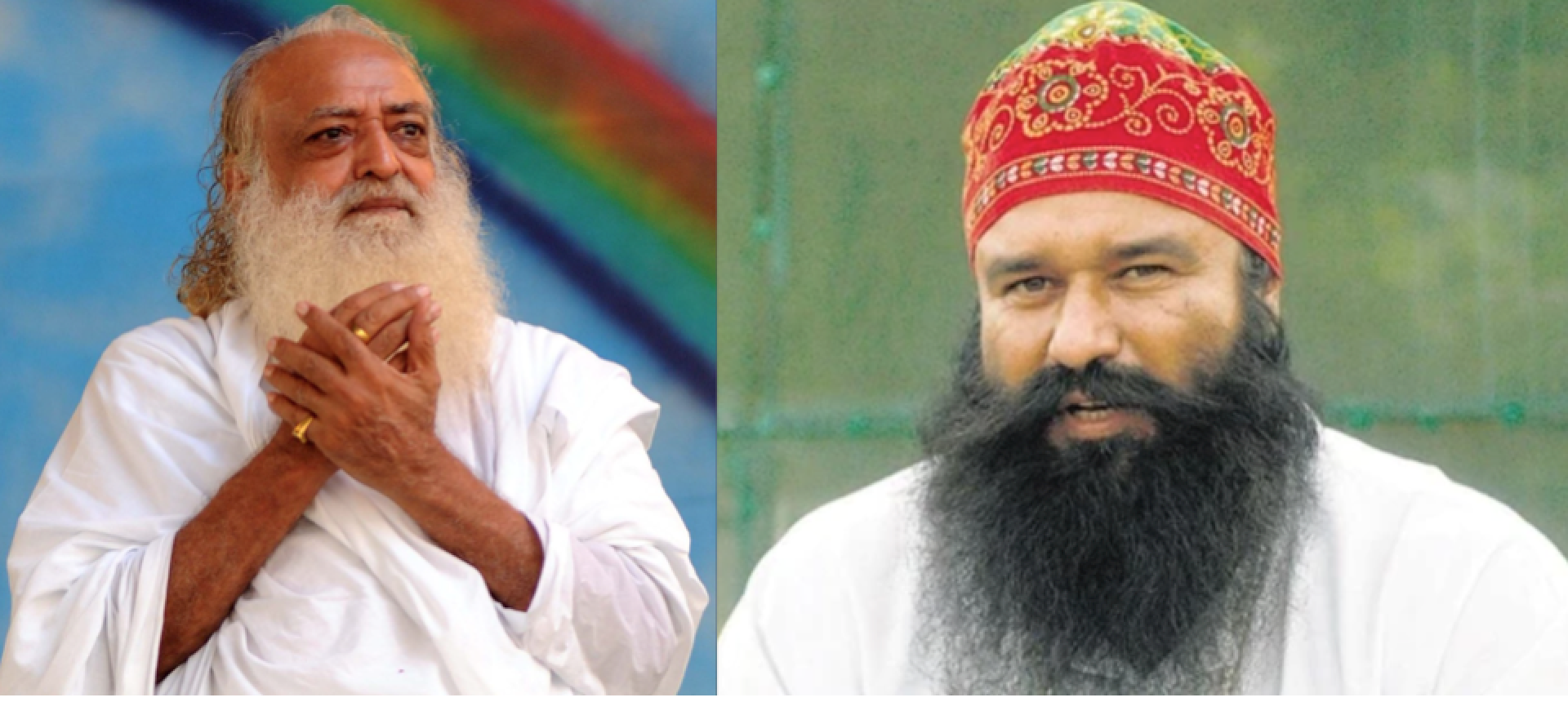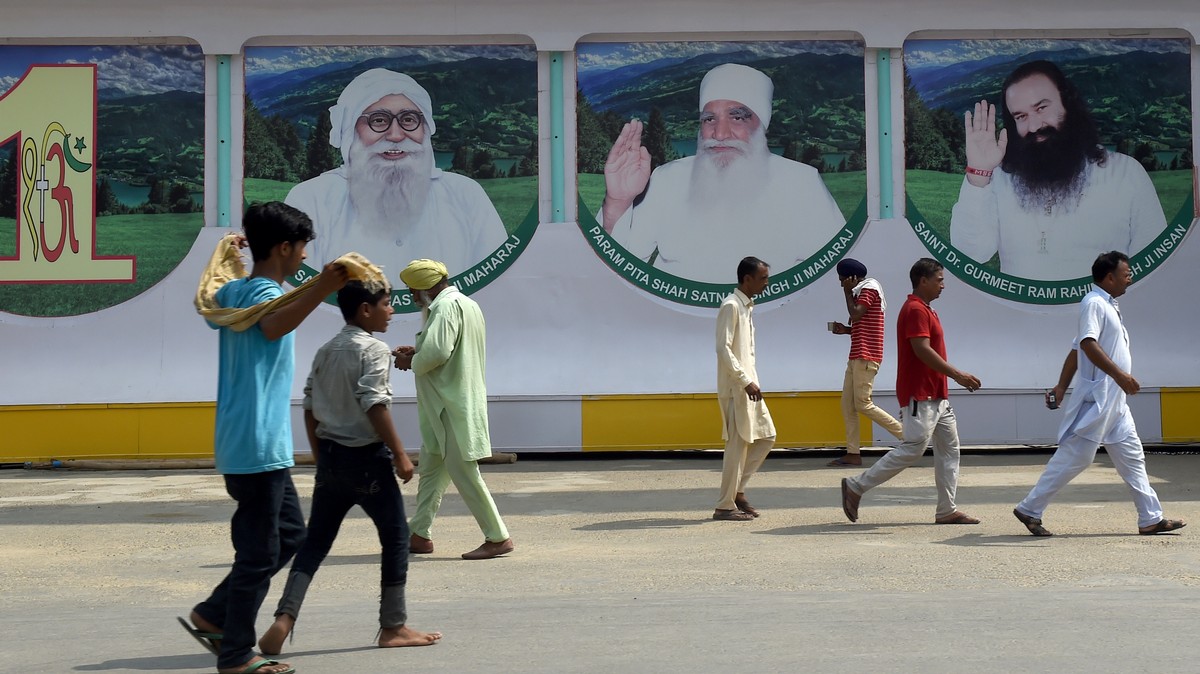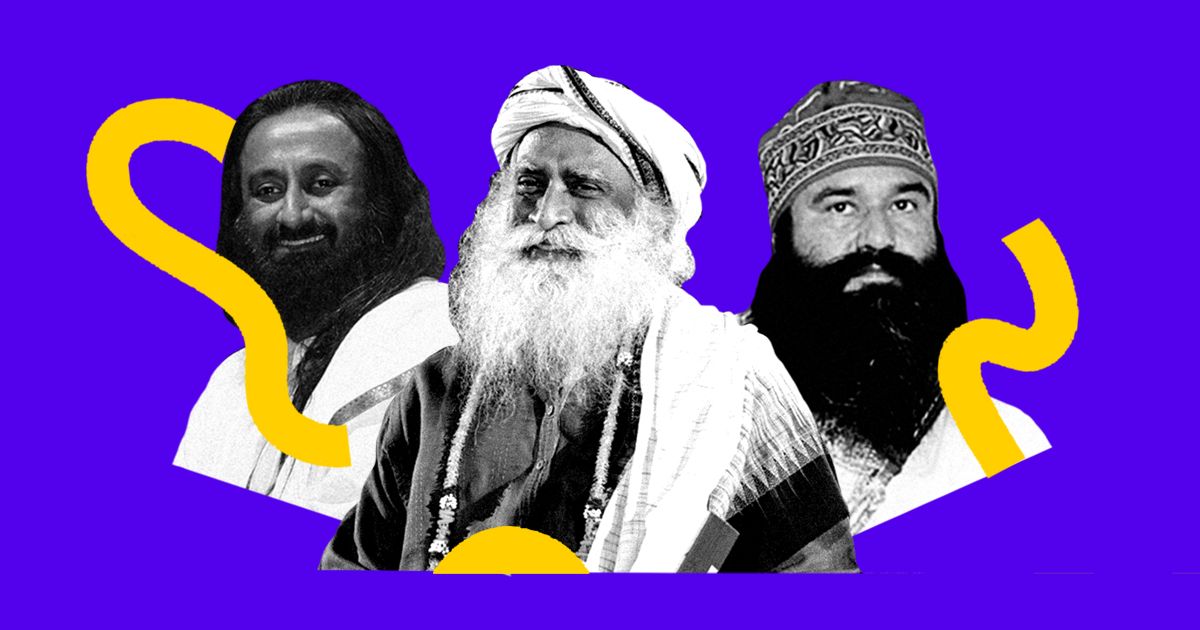Amid India’s Mental Health Crisis, Godmen Conflate Depression With Lack of Spirituality
#BeatDepression is trending on Twitter today. Reportedly, Gurmeet Ram Rahim Singh Insan (MSG) — a godman convicted of rape and murder and prosecuted for the castration of his followers — doled out mental health advice, announcing that one can beat depression through meditation. MSG’s lack of expertise on the subject notwithstanding, his followers took it upon themselves to educate their fellow Indians about the unproven efficacy of the discipline, backing it up with unfounded statistics.
The internet is replete with thousands of unwarranted bits of advice to “cure” depression — ranging from sniffing essential oils, drinking more water, going for nature walks every morning, doing yoga and allowing religion into one’s life. But what makes the present advice more dangerous is the fact that it is attributed to a godman with a global following of over 60 million. It isn’t, however, the first time an Indian godman has conflated depression with a lack of spirituality. Following the death of celebrated comedian and actor Robin Williams by suicide in 2014, godman Sri Sri Ravishankar also touted meditation as the “long-term cure” for depression, stating that the “perennial disorder affecting most western countries can be overcome by spirituality.” Going one step further, Swami Nithyananda believes depression is a “luxury” that can only be overcome through “inner expansion” (whatever that means).
During the pandemic in 2020, the website of yet another godman, Sadhguru, went further in suggesting that in order to boost their immunity against the deadly strain of coronavirus, one must rid themselves of depression through exuberance that might “find expression” in “love, meditation or ultimate stillness.” Naturally, in 2022, Sadhguru’s appearance on a podcast with an Indian comedian — who has a strong base of millennial and Gen Z followers, and had been criticized in the past for using his mental health to garner sympathy from audiences after his involvement in certain #MeToo allegations — drew the ire of people who had lost loved ones to the pandemic.
Their anger is, perhaps, triggered not only by the misinformation peddled about serious health conditions, but also by spiritual speak putting the onus of not being able to cope on individuals, rather than on systemic issues. As such, unsubstantiated health advice from self-styled godmen veers eerily close to the territory of the manifestation trend, which has been critiqued for steering individuals away from seeking medical treatment by inspiring the idea that they can heal by simply willing their ailments away.
To make matters worse, a meta-analysis of 83 studies — conducted between 1975 and 2019, with a total of 6,703 participants — had shown that despite being a practice hailed by many, meditation and mindfulness can trigger adverse effects, including depression and anxiety, in some people.
Given how much power and influence godmen enjoy in India, discourses like these inevitably add to the invisible barrier to seeking help — a rather grim prospect given that 2016’s National Mental Health Survey in India had found that 80% of people suffering from mental disorders, here, had not sought treatment.
Sukhdev Singh Sohal, a professor of history at Guru Nanak Dev University, told Reuters in 2020 that nearly 2.5 million people follow godmen in the states of Rajasthan, Punjab, and Haryana alone. This shows just how much havoc uncorroborated health advice can wreak on a country, where 56 million people are struggling with depression, and 38 million, with anxiety disorders. In a country that witnessed a 27% rise in suicides among Indian students between 2016 to 2021 — with more than 13,000 students dying by suicide in 2020 alone — advice like that of MSG’s is actively harmful.
It’s not only the blind faith alone of followers that can prove perilous to our collective mental health. It’s also the fact that this blind faith makes it exceedingly difficult to debunk careless advice meted out by godmen, because followers perceive it as a challenge to their authority. Earlier this year, an anti-superstition activist who challenged the self-proclaimed healing powers of another godman, Dhirendra Krishna Shastri, began receiving death threats.
Further, implying that one’s inability to heal is because they’re not meditating enough, serves merely to invalidate their struggle. And, as past research has shown, invalidation of people’s pain propels them further toward depression. In peddling spirituality as the answer to mental illness, India’s godmen become complicit in the country’s mental health crisis.
Implying that one’s inability to heal is because they’re not meditating enough, serves merely to invalidate their struggle.

theswaddle.com

 mediaindia.eu
mediaindia.eu

 mediaindia.eu
mediaindia.eu



